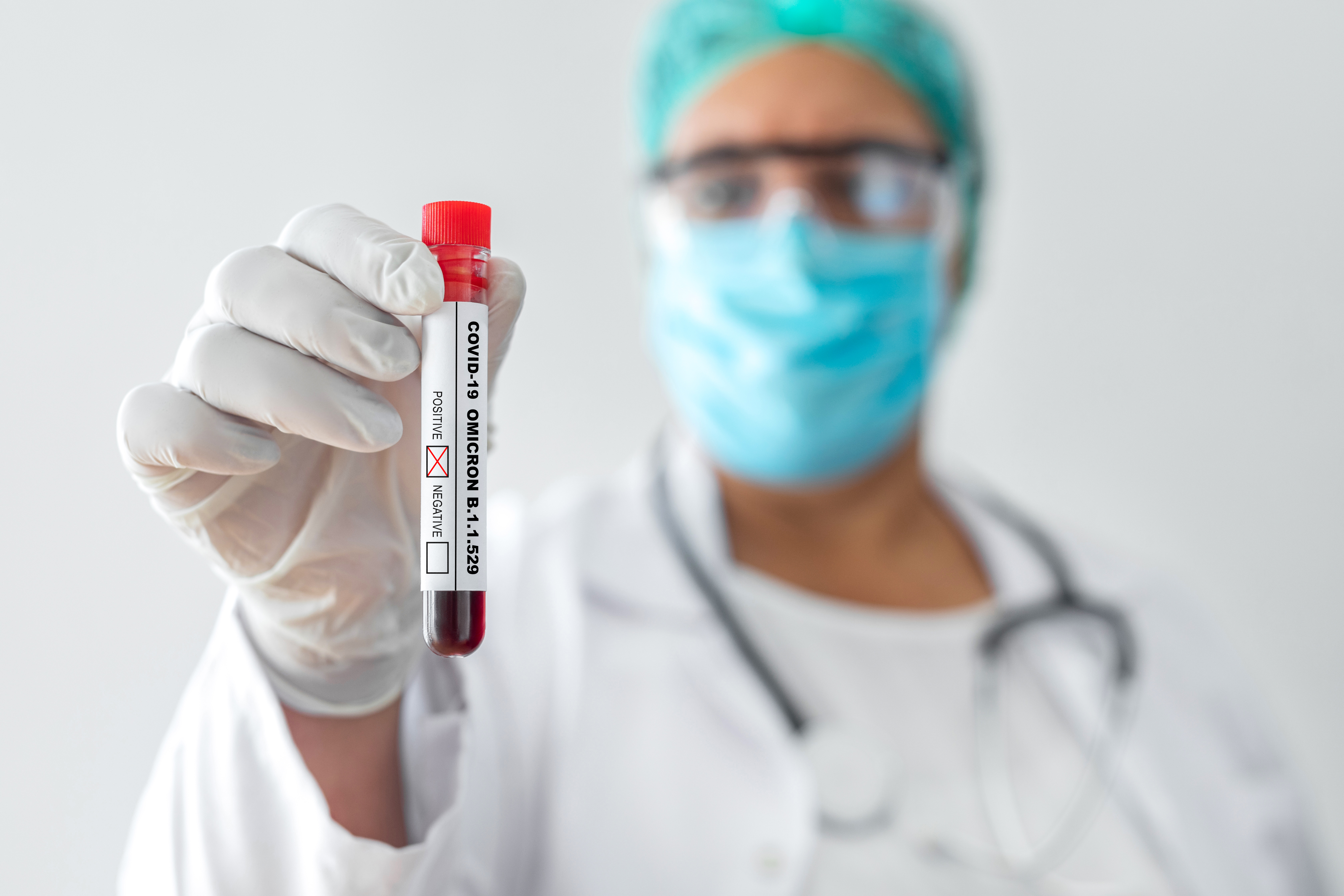It's been two weeks since the heavily mutated omicron coronavirus variant was first detected in South Africa. Now it's spreading in Massachusetts.
A lot of questions remain unanswered about the variant. Experts are scrambling to gain a better understanding of omicron, including the severity of illness it can cause, as it continues to spread across the globe.
WATCH ANYTIME FOR FREE
>Stream NBC10 Boston news for free, 24/7, wherever you are. |
NBC10 Boston asked three top Boston doctors on Tuesday to share what they've learned about the omicron variant and whether it undermines the vaccines that have already been developed during the weekly "COVID Q&A" series.
What have we learned in the past week?
Get updates on what's happening in Boston to your inbox. Sign up for our >News Headlines newsletter.
Experts have learned some details about where the variant is, Dr. Daniel Kuritzkes of Brigham and Women's Hospital said. Omicron has been detected in 50 countries and at least 19 U.S. states, including Connecticut and Massachusetts, over the past week.
"One thing we've learned for sure is that it is far more widespread than first reported," Kuritzkes said. "It's also clear that this variant was spreading around the world long before it was initially detected in Botswana and in South Africa. And that shouldn't be an enormous surprise to us."
Many of the most important questions, like whether the strain is more contagious or deadly, remain unanswered.
"Everybody wants predictions for future," Kuritzkes said. "A lot of this information, we just have to give some time in order for the data to emerge and then we'll know what the answers are."
Boston Medical Center's Dr. David Hamer pointed to preliminary data that indicates the strain of the virus could be more transmissible with less severe symptoms, but local experts said there's not enough concrete evidence at this point to make that determination.
"I think we have to be really careful, as is always the case with anecdote," said Dr. Shira Doron, the hospital epidemiologist at Tufts Medical Center. "The tendency is to hear stories and want to make inferences about how those stories might translate to what we're likely to ultimately find out about this variant."
What do we know about vaccine evasion?
Politicians and medical experts in Massachusetts have been urging people to get vaccinated against COVID-19 amid growing concern over the omicron variant, but whether the vaccines protect against the strain remains unclear.
Thus far, faith hasn't waivered among doctors in the vaccines' ability to protect against coronavirus mutations.
"I think that all indications are that with a good, high level of immunity from the original formulation of the vaccine, you will be protected against omicron," Doron said Tuesday.
However, the Pfizer vaccine appears to be less effective against the omicron variant, NBC News reported Wednesday. Researchers from the Africa Health Research Institute found that there was about a fortyfold reduction in Pfizer vaccine-induced antibodies that could neutralize the strain.
The drug company said Wednesday that a booster shot may offer enough added protection against omicron even though the initial two doses appear significantly less effective.
"It's not an on-off switch," Doron said. "If the vaccine evades immunity from vaccination to some extent, you can potentially overcome that -- to at least some extent -- by having more vaccine-induced immunity, which is what the booster does."
Meanwhile, pharmaceutical companies like Moderna, Pfizer and Johnson & Johnson have been adjusting their existing COVID-19 vaccines to better attack the omicron variant.
There likely will not be a need for an omicron-specific booster, according to Doron, but if there, then people would get one even if they've received the original vaccine series.
More from the COVID Qu0026amp;A series
A panel of Boston-based doctors talk about everything related to the COVID-19 pandemic every Tuesday at 10:30 a.m.



